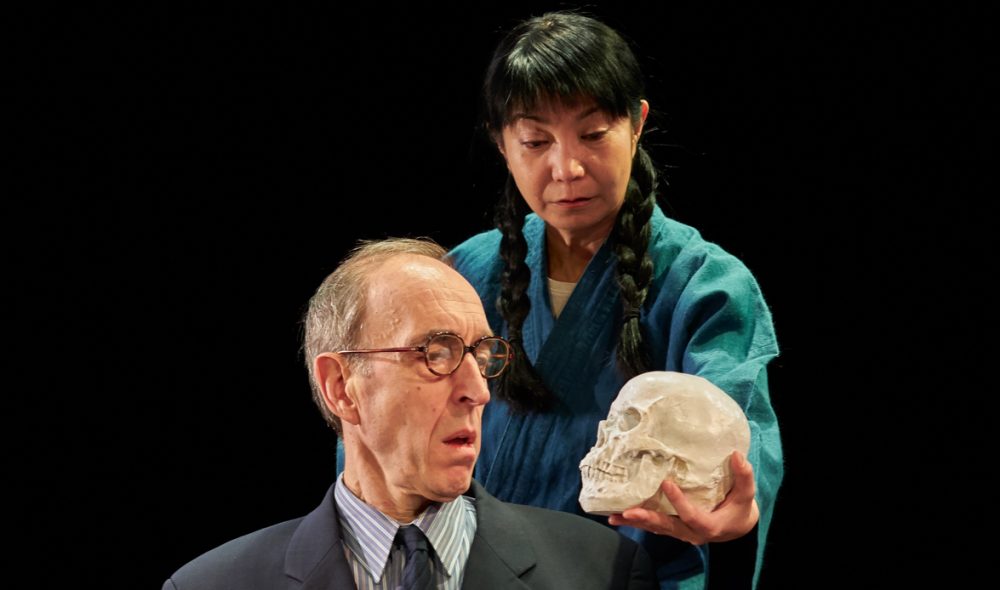 Thanks to all who made such a success of Comrades in Conscience at the Conway Hall on May 25th, marking a hundred years since the introduction of compulsory conscription in this country.
Thanks to all who made such a success of Comrades in Conscience at the Conway Hall on May 25th, marking a hundred years since the introduction of compulsory conscription in this country.
Now I’m heads down preparing the solo version This Evil Thing which is appearing at the Edinburgh Fringe this August.
With military conscription still in force in many countries today, and prisoners of conscience still languishing in jails, the questions posed by THIS EVIL THING are as relevant and urgent as they were one hundred years ago.
The show is being directed by Rosamunde Hutt and will be on between 4th and 28th August (apart from Aug 16th and 23rd). It starts at noon, lasts 75 minutes and is at the New Wee Theatre.
More details and the press release can be found below.
Tickets for THIS EVIL THING now on sale here.
Miichael Mears







 service. He served three prison sentences including many weeks of solitary confinement on bread and water diets, at the end of which he was a frail and emaciated thirty year old, who looked twice his age, weighed less than eight stone and was suffering from the onset of tuberculosis.
service. He served three prison sentences including many weeks of solitary confinement on bread and water diets, at the end of which he was a frail and emaciated thirty year old, who looked twice his age, weighed less than eight stone and was suffering from the onset of tuberculosis. herself to the cause of the conscientious objectors in WW1.
herself to the cause of the conscientious objectors in WW1.